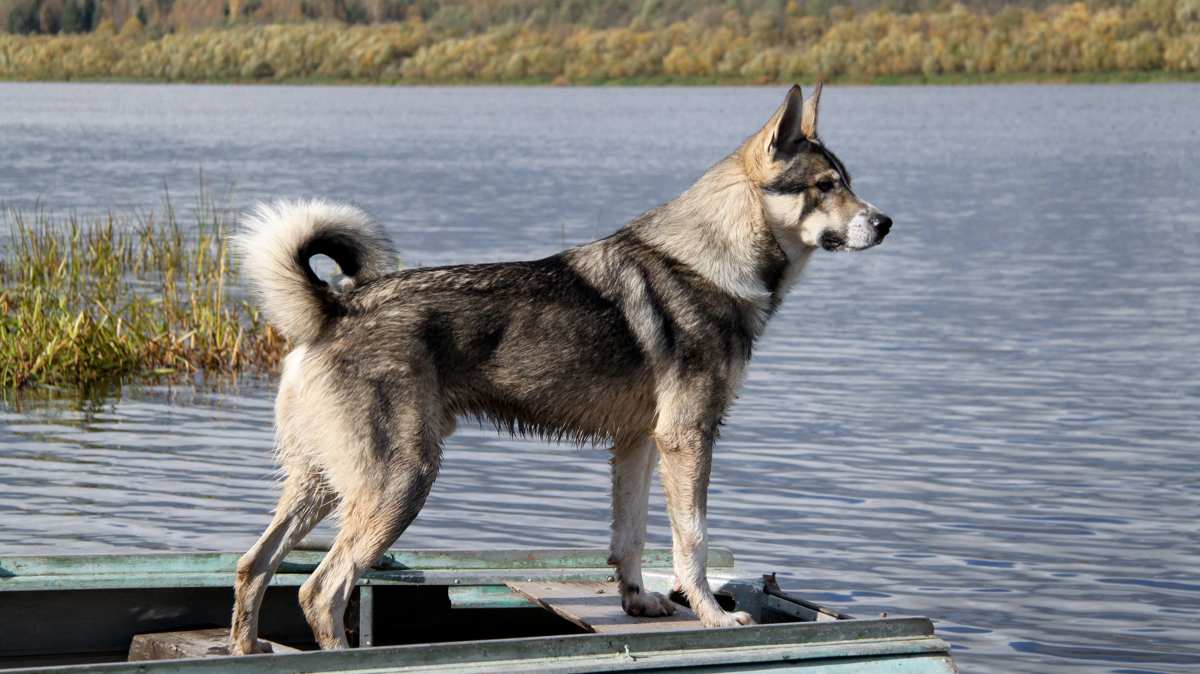Canadian Eskimo Dog Breed Details
The Canadian Eskimo Dog (CED), a member of the Working group of breeds, has existed in Arctic and sub-Arctic regions of the world for thousands of years; the Inuit and other indigenous peoples have used them as multi-purpose working dogs since prehistoric times. As such, CEDs are best suited for active use in northern climates, either as sled-pullers or as work dogs in snowy areas.
Some Canadian Eskimo Dog facts: CEDs are medium- to large-sized, and size varies somewhat between genders; males are 23-28 inches at the shoulder in height and weigh 65-90 pounds, and females are 20-24 inches in height and 40-65 pounds in weight. CED coats are medium-length, dense, and double-layered, and come in a wide variety of colors and patterns. Here are some advantages and drawbacks to owning this rare breed:
PROS:
- Outstanding work ethic
- Intelligent
- Extremely well-suited for outdoor living
- Loyal and affectionate to handlers
- Active and athletic
- Healthy and hardy
- Creates deep bonds with adult family members
- Responds well to training
- Fantastic sled-pulling capabilities
- Socializes fairly well with strangers
CONS:
- High exercise requirements
- Socializes poorly with most other dogs
- Barks often
- Not good for apartment life
- Sheds a lot
- Can be destructive if bored or left alone
- High prey drive means they will chase and possibly injure smaller pets
- Poor to moderate watchdog abilities
- Not suited for warm climates (prone to heatstroke)
- Rare, and thus difficult to find/obtain
